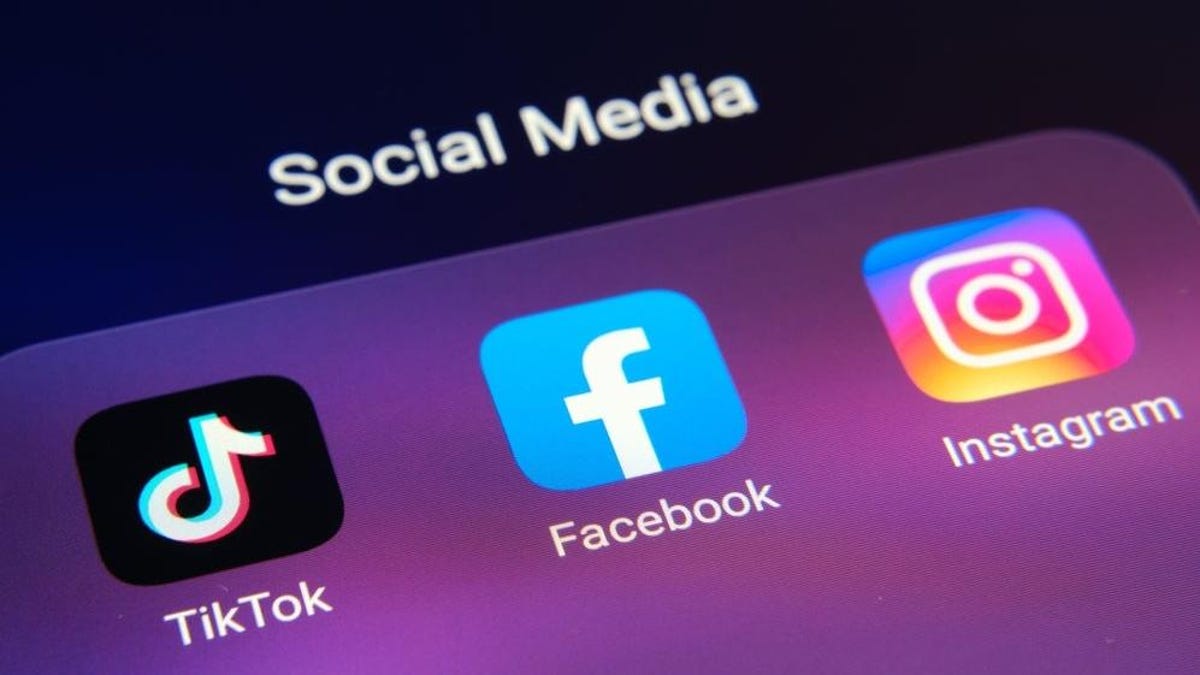
Advertisement
Despite Cook’s tacit acknowledgment that ATT was aimed at Meta, Apple insists the move was all about protecting consumers. “A user’s data belongs to them, and they should get to decide whether to share their data and with whom,” said Shane Bauer, an Apple spokesperson. “We have given users the choice whether or not they want to allow apps to track them.”
Apple didn’t address ATT’s effect on TikTok. Meta declined to comment.
“Even before ATT hit, advertisers were starting to diversify their revenue streams and many were already experimenting with TikTok,” Enberg says. Meta’s clients were primed to jump, and Apple kicked Meta when it was down. We still don’t know how well Meta will ultimately recover from the blow, if it will at all.
Advertisement
But for all of Apple’s claims about how “Privacy is a human right,” the company is taking advantage of your data and of Meta’s decline, though maybe not as much as TikTok. The iPhone maker is building out a new advertising network after sidelining competitors and clearing space for itself with ATT. So far, Apple slipped new ads onto the iPhone, is working on ads for Apple TV, and seems focused on poaching Meta’s advertisers. Over the last few months, the company also updated its tools to help advertisers track user behavior and measure how well ads are working. Apple is, on the whole, more reserved about harnessing user data than its competitors, but it does track you when it has explicitly promised not to, according to research published this week. Again, the company denies that ATT is part of a digital advertising long con. Apple sent Gizmodo an academic study—which the company funded—arguing that ATT won’t help Apple’s ad business.
Potential hypocrisy aside, it’s ironic that a setting meant to protect privacy helped usher in the age of TikTok, a business that raises new and troubling privacy concerns due to potential ties to the Chinese government. The geopolitical privacy questions are so intense that Donald Trump’s administration threatened to ban TikTok altogether, a threat that lingers in the remarks of the FCC’s hardliners. Ultimately, the privacy problems facing the entire tech industry are so bad that it doesn’t matter who owns TikTok, as there are plenty of other ways for the Chinese government to get American data. But concerns over TikTok’s data practices aren’t entirely overblown.
Advertisement
What’s clear is the limits Apple placed on targeted advertising gave TikTok an extra hand in its fight to control the social media landscape, but that benefit has likely run its course. “I think for the most part, TikTok has experienced their accelerant, and from here, it’s natural trajectory,” said Donahue of Up & to the Right.
ATT gave TikTok a boost by knocking Meta off its perch, but it won’t give the company much more of an advantage going forward. During Facebook’s meteoric rise in the early 2010s, a total lack of privacy rules meant the company could print money with targeted ads. TikTok is in a very different situation. The field is crowded with competitors, and ATT makes the social media advertising business less profitable.
Advertisement
“As long as TikTok’s user growth continues, they’re going to continue to be a hot platform and will be able to outspend a lot of other social media platforms,” Donahue said. “But TikTok will have a battle to get to the level of dominance in the new privacy world that Meta did not have.”